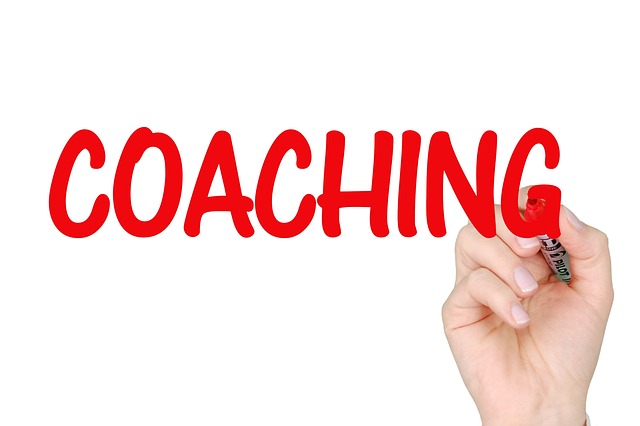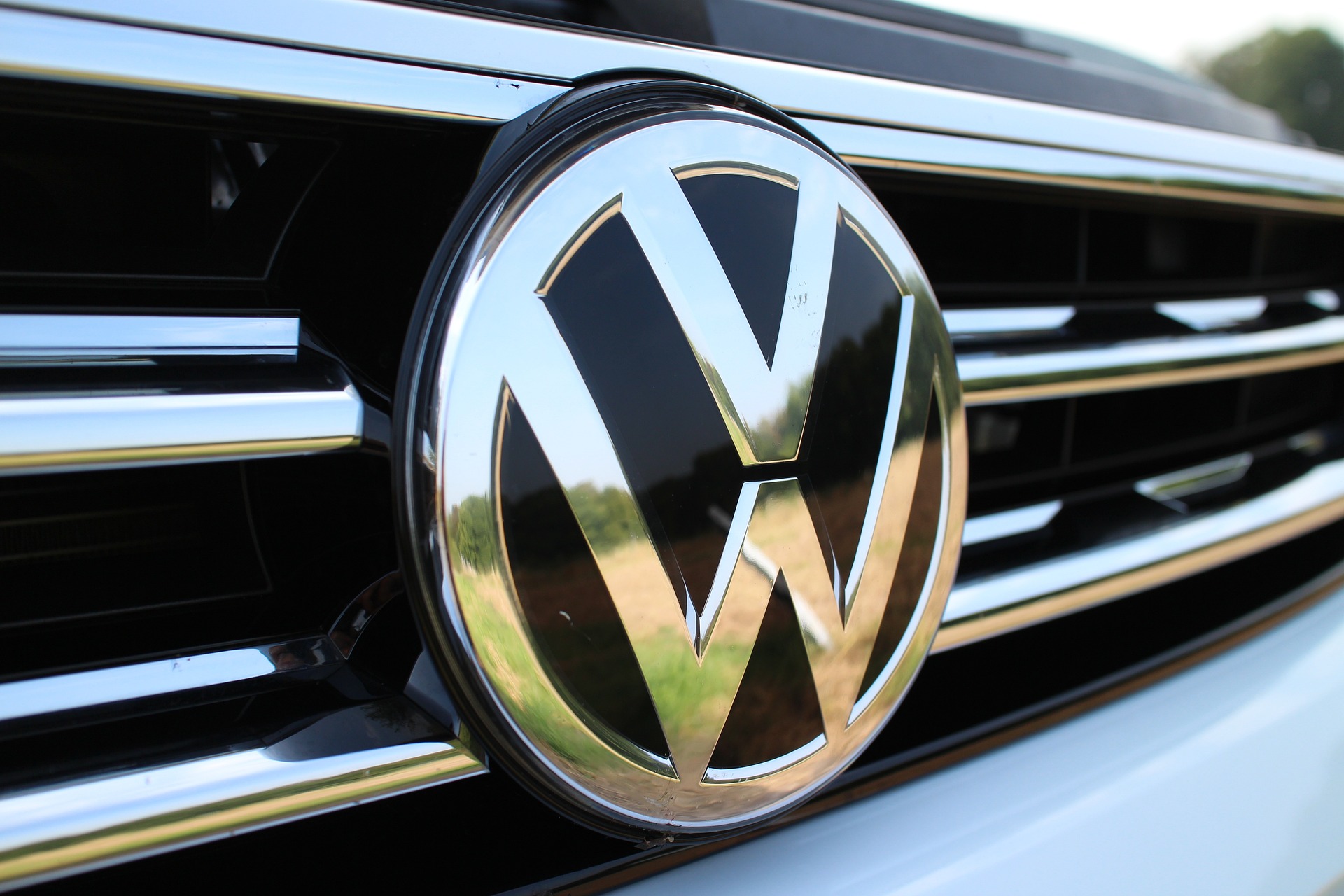Understanding VA Loans: Benefits, Eligibility, and Application Process
VA loans offer eligible veterans, active-duty service members, and qualifying spouses unique advantages in home financing. With features like no down payment requirements, competitive interest rates, and no private mortgage insurance, these government-backed loans have helped millions achieve homeownership. Understanding the full scope of VA loan benefits and requirements can significantly impact your home buying journey.

VA loans represent one of the most valuable benefits available to those who have served in the United States military. Created as part of the GI Bill of Rights in 1944, these home loan guarantees have helped millions of veterans and their families achieve the dream of homeownership when they might otherwise have struggled to qualify for conventional financing.
What Are VA Loans and How Do They Work?
VA loans are mortgage loans guaranteed by the U.S. Department of Veterans Affairs but issued by private lenders such as banks, credit unions, and mortgage companies. Unlike conventional loans, the VA guarantees a portion of the loan, protecting the lender if the borrower defaults. This government backing allows lenders to offer more favorable terms to veterans and military personnel.
The guarantee works as a form of insurance for the lender, replacing the need for a substantial down payment or private mortgage insurance. This structure enables eligible borrowers to purchase homes with zero down payment in many cases, while still securing competitive interest rates despite having a smaller initial stake in the property.
Key Benefits of VA Loans for Service Members
VA loans offer several distinct advantages over conventional and even other government-backed mortgage options. Perhaps the most significant benefit is the ability to purchase a home with no down payment, which removes one of the biggest barriers to homeownership for many military families.
Beyond the zero down payment option, VA loans typically feature lower interest rates compared to conventional loans with similar terms. The absence of private mortgage insurance (PMI) requirements—which can add hundreds of dollars to monthly payments on conventional loans with less than 20% down—provides additional savings throughout the life of the loan.
VA loans also come with limitations on closing costs, and eligible borrowers can even ask the seller to pay all loan-related closing costs, up to 4% of the loan amount. Additionally, there are no prepayment penalties, giving borrowers the flexibility to pay off their loans early without financial consequences.
VA Loan Eligibility Requirements
Eligibility for VA loans primarily depends on military service requirements. Generally, you may qualify if you meet one of these service criteria:
- 90 consecutive days of active service during wartime
- 181 days of active service during peacetime
- 6 years of service in the National Guard or Reserves
- Being the spouse of a service member who died in the line of duty or as a result of a service-related disability
Beyond service requirements, borrowers must obtain a Certificate of Eligibility (COE) from the VA to verify their eligibility status. While VA loans don’t have specific minimum credit score requirements set by the VA itself, most lenders typically look for scores of at least 620.
Applicants must also demonstrate sufficient income to cover mortgage payments, other debts, and living expenses. The property being purchased must be intended as the borrower’s primary residence, not as an investment or vacation home.
Types of VA Loans Available to Veterans
The VA loan program encompasses several different loan types designed to meet various housing needs:
VA Purchase Loans: The standard VA loan used to buy a home with no down payment required.
VA Cash-Out Refinance Loans: Allows homeowners to refinance their existing mortgage (VA or non-VA) and convert home equity into cash.
VA Interest Rate Reduction Refinance Loan (IRRRL): Also known as a “VA Streamline Refinance,” this option helps existing VA loan holders secure a lower interest rate or shift from an adjustable-rate to a fixed-rate mortgage with minimal paperwork.
VA Native American Direct Loan (NADL): Specifically for Native American veterans or veterans married to Native Americans who want to buy, build, or improve homes on Federal Trust Land.
VA Adapted Housing Grants: Programs designed to help veterans with service-connected disabilities purchase or modify homes to accommodate their disabilities.
How to Apply for a VA Loan
The VA loan application process involves several key steps. First, applicants need to obtain their Certificate of Eligibility through the VA’s eBenefits portal, by mail, or through their lender. Many lenders can access the VA database directly to verify eligibility quickly.
Next, finding a VA-approved lender is essential, as not all mortgage lenders work with VA loans. Once you’ve selected a lender, you’ll complete a standard mortgage application and provide documentation of your income, assets, and debts. The lender will also order a VA appraisal of the property to ensure it meets minimum property requirements and to determine its value.
| VA Loan Type | Maximum Loan Amount (2023) | Funding Fee | Key Features |
|---|---|---|---|
| Purchase Loan | $726,200 (higher in high-cost areas) | 1.4%-3.6% | No down payment, no PMI |
| Cash-Out Refinance | Up to 90% of home value | 2.3%-3.6% | Access to home equity |
| IRRRL | Outstanding loan balance plus fees | 0.5% | Reduced paperwork, lower costs |
| NADL | $726,200 (higher in high-cost areas) | 1.25%-2.4% | For use on Federal Trust Land |
Prices, rates, or cost estimates mentioned in this article are based on the latest available information but may change over time. Independent research is advised before making financial decisions.
After the appraisal, the loan goes through underwriting, where the lender verifies all information and ensures the application meets VA and lender guidelines. If approved, you’ll receive a closing disclosure detailing the final terms. The final step is attending the closing, where you’ll sign the necessary paperwork and receive the keys to your new home.
VA Loan Limits and Funding Fees
While the VA doesn’t set a cap on how much you can borrow, there are limits to the amount the VA will guarantee. In most counties, the VA will guarantee up to $726,200 (as of 2023), though this limit is higher in more expensive housing markets.
VA loans also require a funding fee, which helps sustain the program for future veterans. This fee varies based on the type of loan, your military category, whether it’s your first or subsequent use of a VA loan benefit, and your down payment amount. The fee typically ranges from 0.5% to 3.6% of the loan amount.
Certain veterans may qualify for a funding fee exemption, particularly those receiving VA disability compensation or eligible surviving spouses. This exemption can result in significant savings, making VA loans even more affordable for those who qualify.
VA loans continue to be one of the most valuable benefits available to those who have served our country, providing a pathway to homeownership that might otherwise be unattainable for many veterans and military families.




